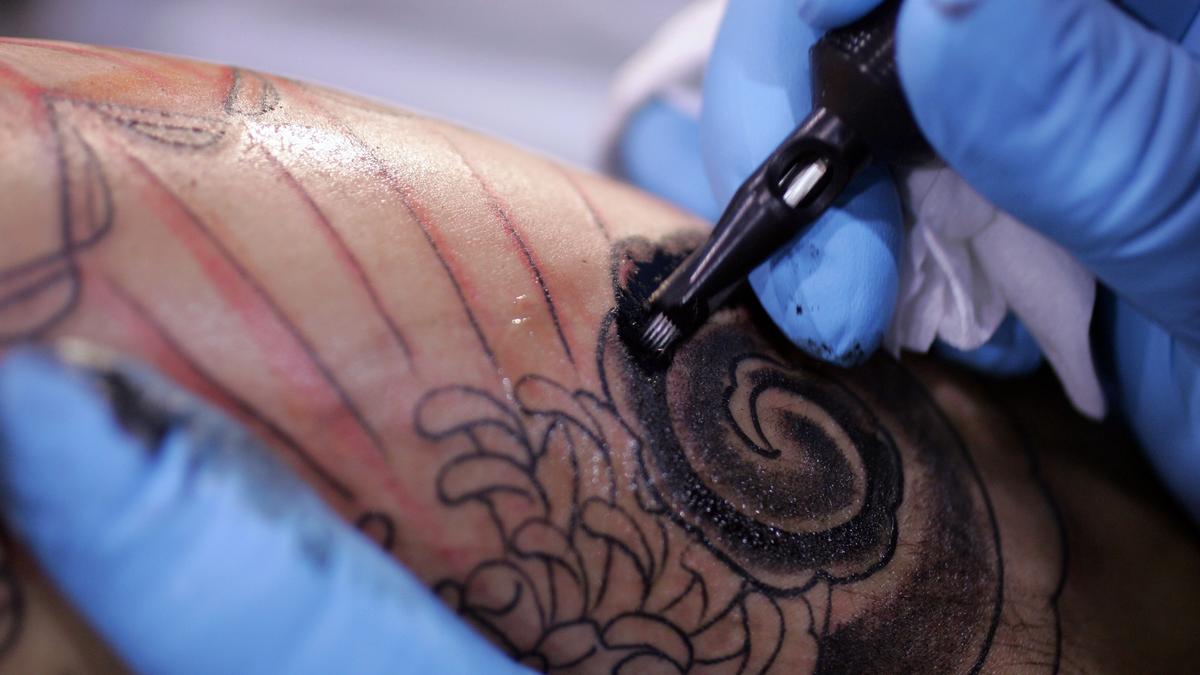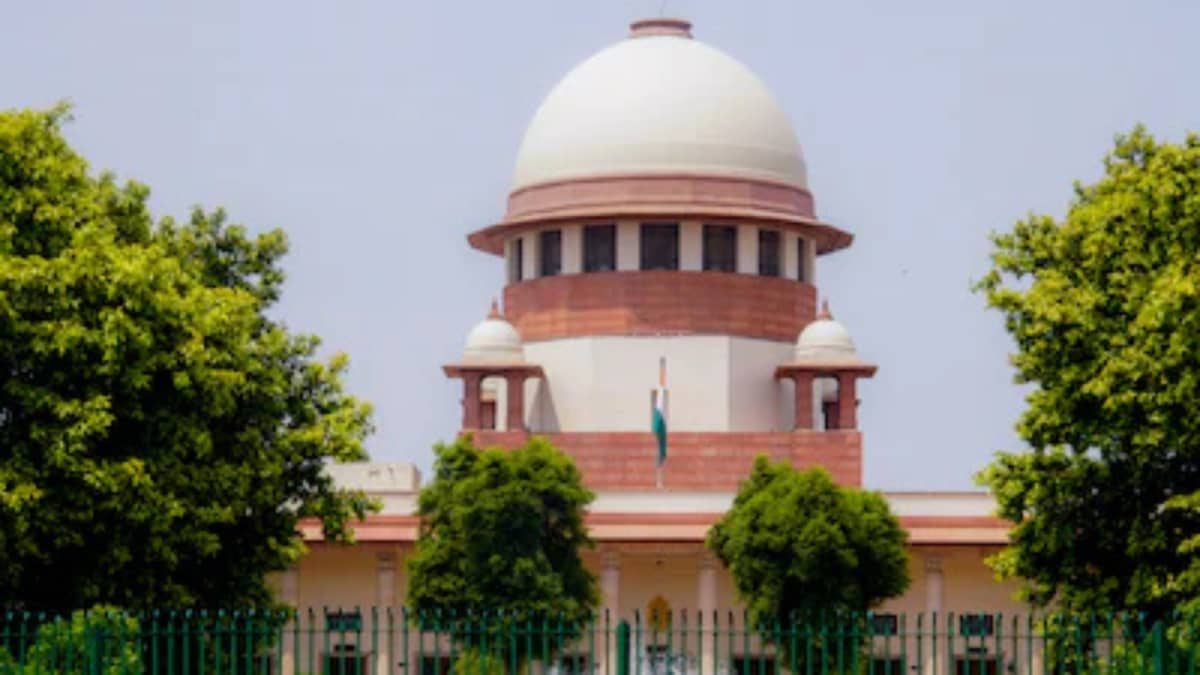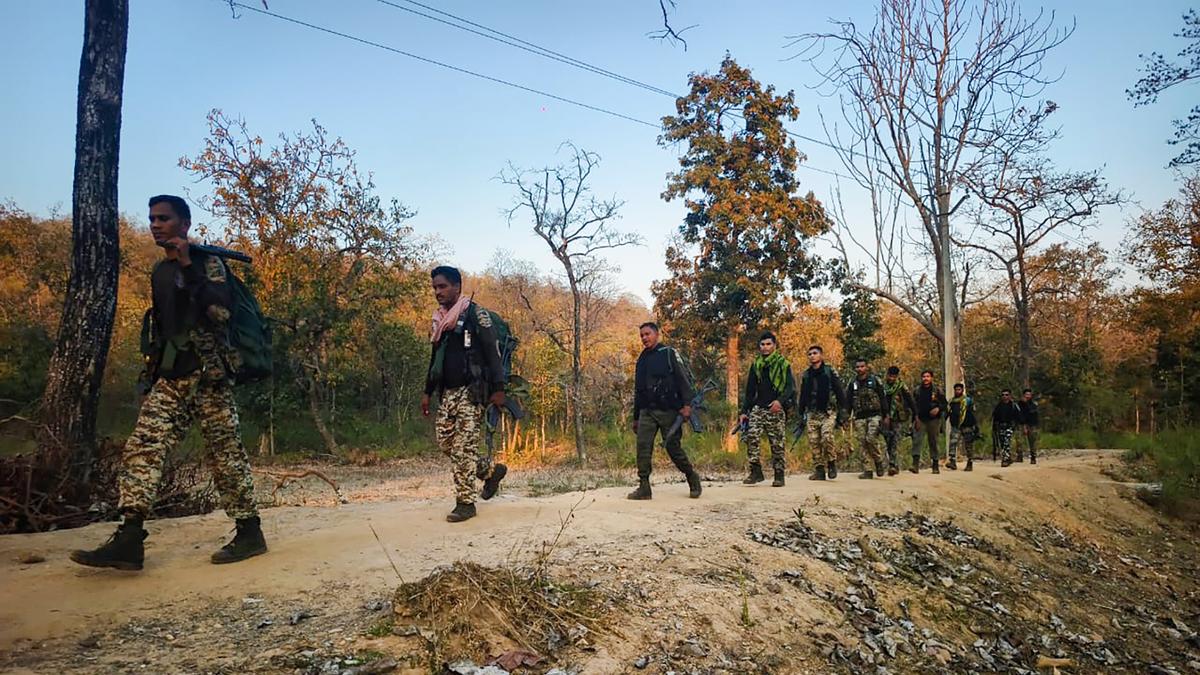The Supreme Court on Monday (October 13, 2025) dismissed a public interest litigation petition seeking a court-monitored investigation by a Special Investigation Team (SIT) led by a retired judge into allegations of electoral roll manipulation made by Leader of the Opposition (LoP) Rahul Gandhi in Bengaluru Central and other constituencies.
A Bench of Justices Surya Kant and Joymalya Bagchi said the petitioner was at liberty to approach the Election Commission of India (ECI) if he wished to pursue the matter further.

“We have heard the petitioner’s counsel. We are not inclined to entertain the petition, which is purportedly filed in the public interest. The petitioner may pursue before the ECI, if so advised,” the Bench said in its order.
The counsel appearing for the petitioner, advocate Rohit Pandey, submitted that a representation had already been made to the ECI but had not been acted upon. The Bench, however, declined to intervene, advising the petitioner to avail himself of the remedies available under law. It also refused to prescribe a time limit for the ECI to decide on the representation.

The petition had urged the Court to halt any further revision or finalisation of electoral rolls by the ECI until an independent audit was completed. It further sought directions to the poll body to publish electoral rolls in accessible, machine-readable, and Optical Character Recognition (OCR)-compliant formats to facilitate public verification and scrutiny.
Referring to Mr. Gandhi’s press conference on August 7, the petition pointed to his allegation of a “huge criminal fraud” in the electoral process through “collusion between the BJP and the Election Commission.” The Congress leader had claimed that 1,00,250 “fake votes” were created in the Mahadevapura Assembly segment under the Bangalore Central Lok Sabha constituency to ensure a BJP victory. Mr. Gandhi had also listed five ways in which the alleged vote chori (vote theft) was carried out — duplicate voters, fake and invalid addresses, bulk voters at a single address, invalid photographs, and misuse of Form 6.
Mr. Pandey further pointed out that the Supreme Court’s consistent view that free and fair elections form part of the Constitution’s basic structure, could not be “diluted or subverted by any legislative or executive action”.
Following Mr. Gandhi’s remarks, the Chief Electoral Officers of Karnataka and Maharashtra had asked him to provide details of the allegedly “wrong” electors along with a signed declaration so that the poll authorities could initiate “necessary proceedings”. Subsequently, Chief Election Commissioner Gyanesh Kumar had warned on August 17 that Mr. Gandhi must either file an affidavit affirming his allegations within seven days or risk rendering his claims baseless.
Mr. Pandey’s petition further urged the Supreme Court to frame binding guidelines for the Commission to ensure greater transparency, accountability, and integrity in the preparation and maintenance of electoral rolls, including mechanisms to detect and prevent duplicate or fictitious entries.
“The petitioner has observed grave irregularities in the electoral rolls of Bengaluru Central Parliamentary Constituency [Mahadevapura Assembly Constituency], which, on the face of it, warrant urgent consideration by this Court,” it said.
The petition contended that tampering with voter rolls undermines the constitutional guarantees of universal adult suffrage under Article 326 and the Election Commission of India’s mandate to conduct free and fair elections under Article 324. It further argued that such irregularities “directly infringe” Articles 14 and 21 of the Constitution, which protect equality before law and the right to meaningfully participate in democratic governance.
The petition also cited discrepancies from other States, claiming that in Maharashtra, nearly 39 lakh new voters were added to the rolls between the 2024 Lok Sabha elections and the run-up to the Assembly polls, a marked increase compared to about 50 lakh additions over the preceding five years.
Accordingly, it sought the constitution of a court-monitored Special Investigation Team (SIT) headed by a retired Supreme Court judge to probe the allegations.
.png)
 22 hours ago
9
22 hours ago
9








 English (US) ·
English (US) ·